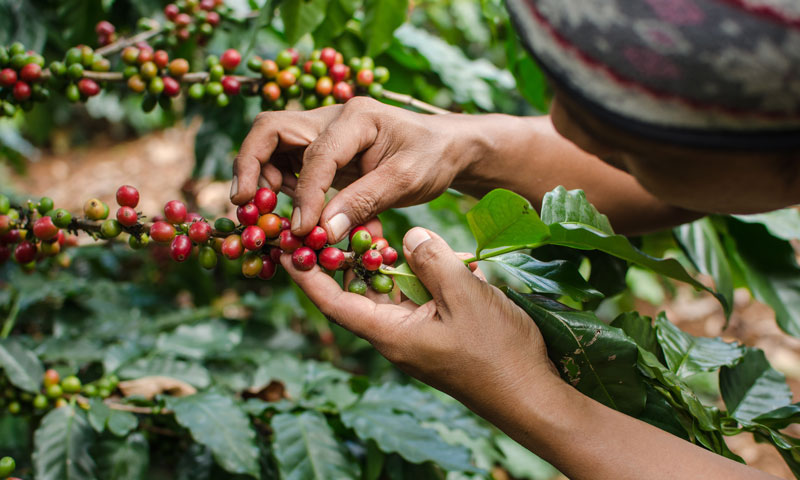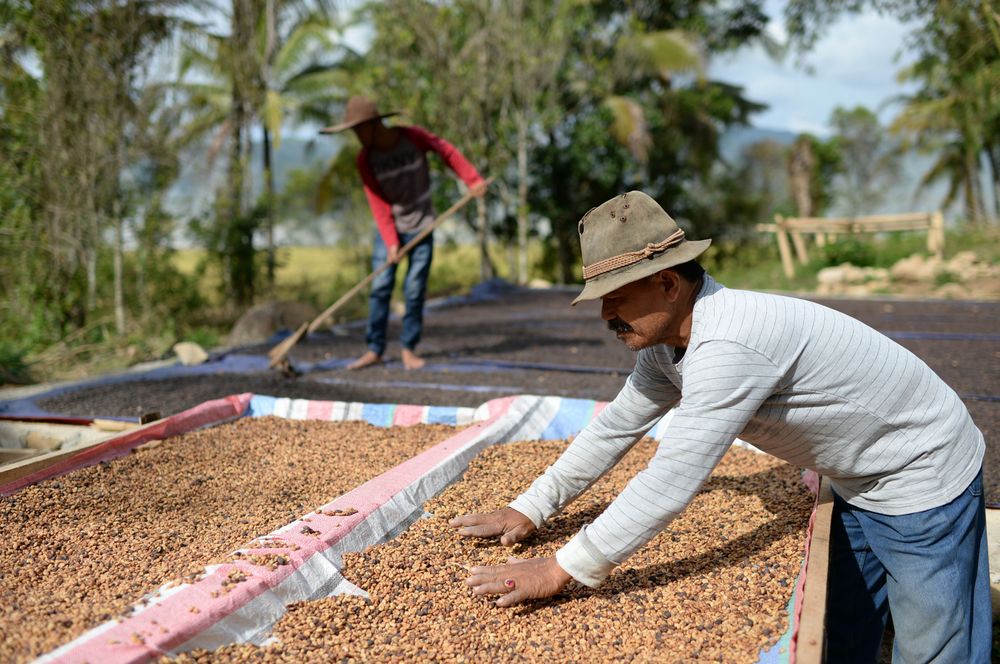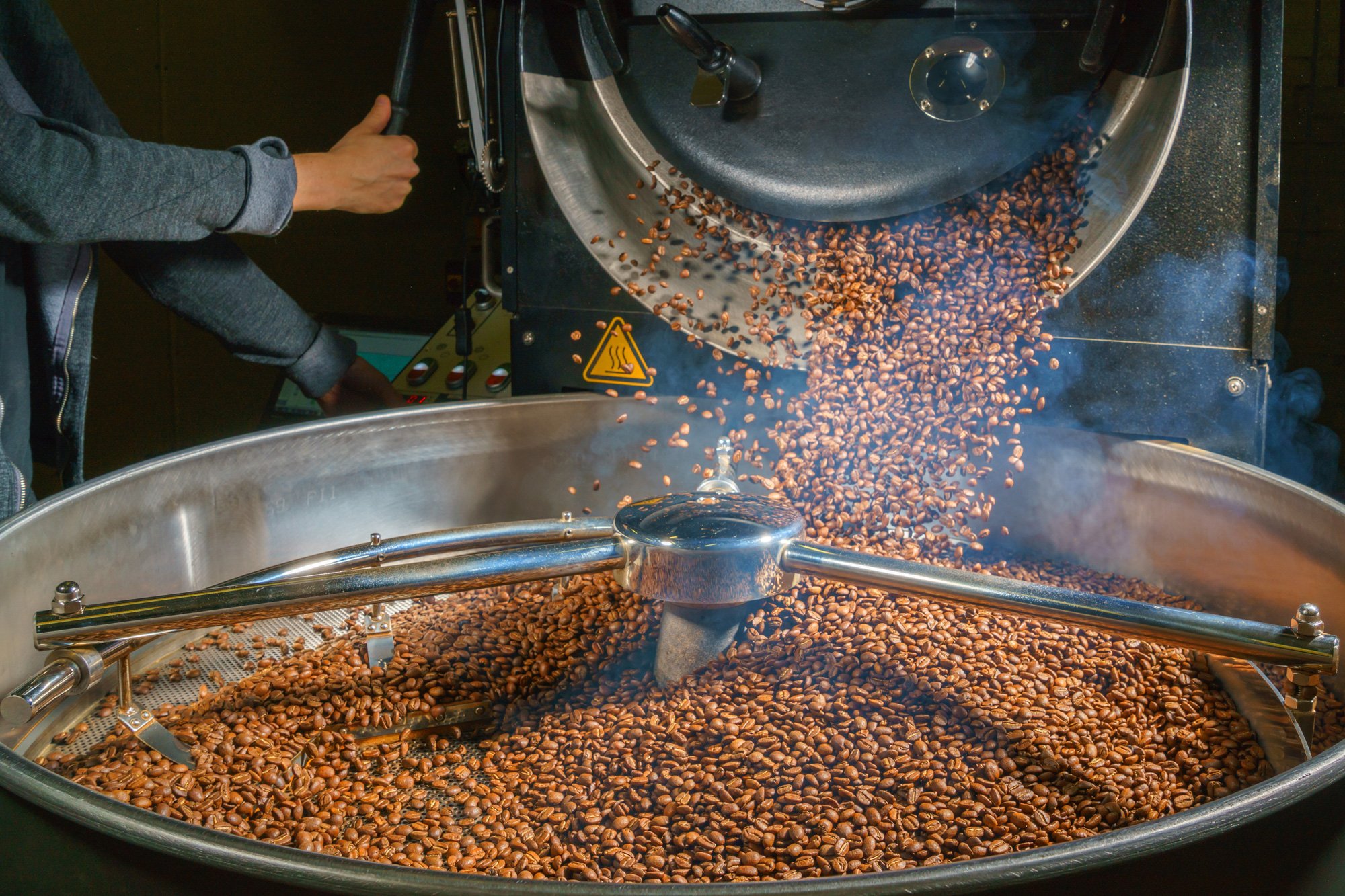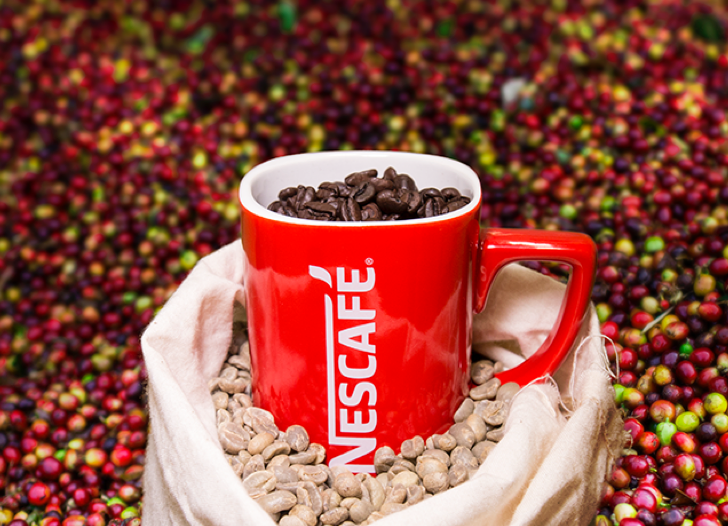We Drink 23,000 Cups Of Coffee Every Second. Here’s How Coffee Is Made From Bean To Cup
It takes years before a coffee bean becomes coffee in your cup.
Mmmm... Coffee <3
It's the first thing we wake up to every morning. And there's simply nothing like a sip of piping hot java to snap you into the day!
Whether you like it black or white, hot or iced, super kaw or slightly mild, coffee is just something that most of us can't live without. In fact, people around the world drink over 2.25 billion cups of java every day. That's about 23,000 cups every second!
However, most of the time, we don’t even realise all the effort that goes into making a good cuppa joe
Whether it’s the farmers who take care of coffee shrubs, or coffee roasters who make sure every coffee bean is roasted to perfection, a lot of thought goes into the coffee we drink every day.
In 20 years, the world will drink around 50% more coffee than today. This means coffee producers around the world will need to learn how to cope with the demand while being sustainable. To ensure that we continue having good coffee for many more years, NESCAFÉ is on a mission to make coffee sustainable through its ‘Grown Respectfully’ initiative.
But first, what goes into a cup of coffee?
PHASE 1 - Seeding and Nurturing
Coffee seeds are first grown in nurseries in individual bags, shaded from harsh conditions, for around 8 to 20 months. Once ready, they're transplanted into soil. Then, it takes another three to five years for the coffee shrubs to grow and produce coffee cherries. Once these cherries ripen into a dark velvety red colour, they're ready for harvest.
PHASE 2: Selection and Processing
Coffee cherries are usually harvested by hand and sorted to make sure only the ripe, good cherries are used. Next, the coffee cherries go through processing, drying, and hulling, before becoming green coffee beans that are ready for roasting.
PHASE 3: Roasting, Grinding, and Packaging
Roasting is when the magic happens - coffee beans begin to turn brown and the fragrant oils locked inside the beans start to emerge. The duration of the roast will determine whether you get a light, medium, or dark roast.
Once coffee beans are roasted, they are either left whole or ground to the perfect size. After that, the beans or coffee grinds are packaged and sealed, so that air and moisture can't enter. Then, the coffee is ready to be delivered and sold in supermarkets.
This year, NESCAFÉ is celebrating a key milestone after establishing its footstep in Malaysia for many years
In 2020, NESCAFÉ has transitioned to only using 100% 4C-certified coffee beans for all its production in Malaysia, ensuring a sustainable coffee future. In conjunction with International Coffee Month, NESCAFÉ wants to celebrate this key milestone as Malaysia’s most-loved coffee!
The 4C Code of Conduct is a core instrument of the 4C Association to promote sustainable production, processing, and trading of green coffee. Its code of conduct comprises 12 principles, 45 criteria, and 3 compliance levels. Find out more about 4C certified beans on this website.
Wondering what it means when coffee beans are 100% 4C certified and grown respectfully? Here's what you should know:
Our environment is protected
The use and handling of pesticides is monitored and minimised, which requires close monitoring on the farm, while also ensuring that the soil has proper fertility and nutrient management. Safe water and waste management strategies are also implemented to ensure a healthier on-farm environment, while energy conservation is also monitored closely, contributing to a long-term sustainability and the fight against climate change.
Improved lives and livelihood for farmers
All workers’ welfare is taken care of, where they receive proper labor contracts. Their working hours comply with national law, and overtime work will also be remunerated.
Better prospects and opportunities
Coffee farmers also receive training from 4C to better improve their skills and capabilities, and 4C also works towards improving the farmers’ living conditions and supporting their basic education.





